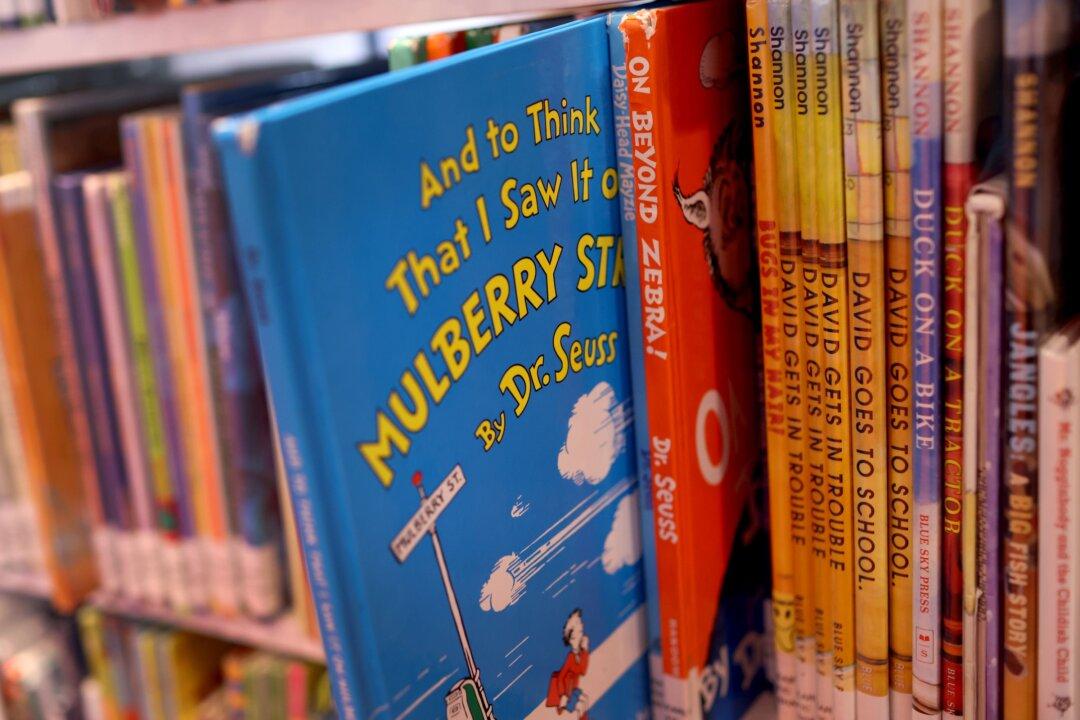A Republican congressman has introduced a bill that would withdraw federal funding from government agencies that try to ban books.
“Cancel culture is rapidly encroaching on American institutions—starting in our elementary schools,” Rep. John Joyce (R-Pa.) said in a press release on his proposed legislation dubbed the “Guarding Readers’ Independence and Choice Act,” or “GRINCH” Act.





